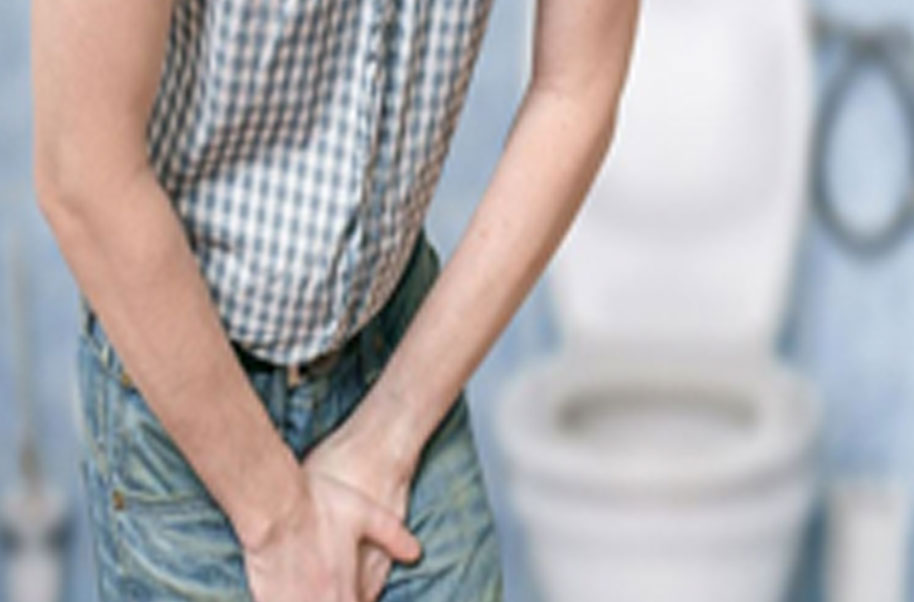

Some people believe that cranberry drinks and products that reduce the acidity of their urine (such as sodium bicarbonate or potassium citrate) will help.īut there's a lack of evidence to suggest they're effective. gently wash around your genitals with a skin-sensitive soap.wipe from front to back when you go to the toilet.hold a hot water bottle on your tummy or between your thighs.Until you're feeling better, it may help to: If you have been having mild symptoms for less than 3 days or you have had cystitis before and do not feel you need to see a GP, you may want to treat your symptoms at home or ask a pharmacist for advice. Women may get cystitis more often than men because their bottom (anus) is closer to their urethra and their urethra is much shorter, which means bacteria may be able to get into the bladder more easily. having a thin tube inserted into the urethra to drain the bladder (urinary catheter).wiping your bottom from back to front after going to the toilet.Most cases are thought to occur when bacteria that live harmlessly in the bowel or on the skin get into the bladder through the tube that carries urine out of your body (urethra).īut some things can increase your risk of getting it, including: They may test a sample of your urine for bacteria to help confirm the diagnosis. you're a man and have symptoms of cystitisĪ GP should be able to diagnose cystitis by asking about your symptoms.you're pregnant and have symptoms of cystitis.

you have severe symptoms, such as blood in your urine, a fever or pain in your side.your symptoms do not start to improve within 3 days.you're not sure whether you have cystitis.Try some self-help measures or ask a pharmacist for advice. Women do not necessarily need to see a GP if they have cystitis, as mild cases often get better without treatment. a high temperature (fever) of 38C or above.Possible symptoms in young children include: feeling generally unwell, achy, sick and tired.urine that's dark, cloudy or strong smelling.needing to pee more often and urgently than normal.There's also a chance that cystitis could lead to a more serious kidney infection in some cases, so it's important to seek medical advice if your symptoms do not improve. Mild cases will often get better by themselves within a few days.īut some people experience episodes of cystitis frequently and may need regular or long-term treatment. It's a common type of urinary tract infection (UTI), particularly in women, and is usually more of a nuisance than a cause for serious concern. Cystitis is inflammation of the bladder, usually caused by a bladder infection.


 0 kommentar(er)
0 kommentar(er)
